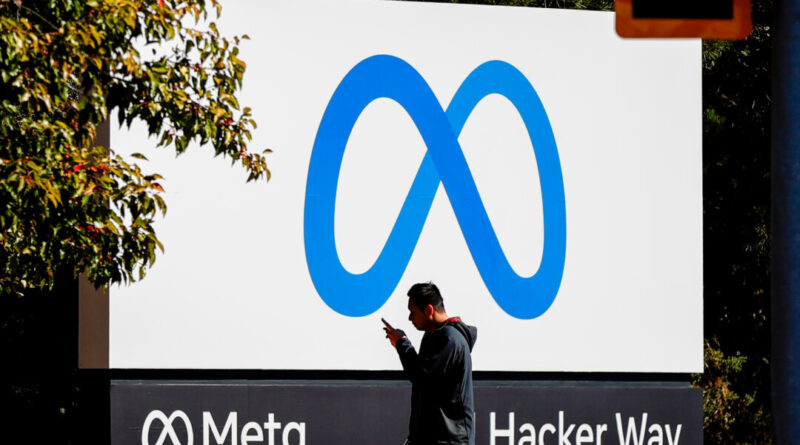Australia to mandate tech companies to continue funding news sources
Big Tech companies criticized the proposal for failing to consider how their platforms operate.
Australia will enforce charges on big tech companies that do not compensate Australian media companies for news shared on their platforms.
“The news bargaining initiative aims to establish a financial incentive for negotiations between digital platforms and news media businesses in Australia,” stated Assistant Treasurer and Minister for Financial Services Stephen Jones during a press conference on Dec. 12.
In 2021, Australia enacted the News Media Bargaining Code, a law designed to ensure that “news media businesses are fairly paid for the content they produce, thereby supporting public interest journalism in Australia.”
Jones specified that the platforms at risk are major social media and search engines with Australian-based revenue surpassing $250 million.
‘Fails to Account for the Realities’
Tech companies have denounced the plan.
“The proposal disregards the operational realities of our platforms, notably that most users do not visit our platforms for news content, and news publishers choose to share content voluntarily because they derive value from it,” a Meta spokesperson responded following Jones’s statements.
A Google spokesperson warned that the government’s decision “jeopardizes the ongoing sustainability of commercial agreements with news publishers in Australia.”
Australian officials argue that the code benefits news businesses.
After the implementation, Meta, which owns Instagram, Threads, and WhatsApp, briefly prevented users from sharing news articles but later reached agreements with multiple Australian media companies, including News Corp and the Australian Broadcasting Corp.
However, it has specified that these agreements will not extend beyond 2024.
In February, Meta announced the discontinuation of the news tab on Facebook in Australia and the United States, disclosing that the tab had been terminated last year in Britain, France, and Germany.
New Zealand
New Zealand is contemplating a similar law. However, in October, Google indicated that it would cease linking to news articles from countries if the government mandated payment for content.
Caroline Rainsford, Google New Zealand’s country director, expressed in a blog post that, “We would have to stop linking to news content on Google Search, Google News, or Discover surfaces in New Zealand and terminate our current commercial agreements and ecosystem support with New Zealand news publishers.”
Last year, Google blocked Canadian news on its platform after Prime Minister Justin Trudeau’s government passed Bill C-18, also known as the Online News Act.
At that time, Google’s president of global affairs, Kent Walker, argued in a blog post that the law was “unfeasible.”
Ban Under 16s
Last month, the Australian House of Representatives approved a bill to prohibit individuals under 16 from using social media platforms.
If the legislation clears the nation’s Senate, it will constitute the first law of its kind globally.
All major political parties supported the bill, which would hold social media platforms like TikTok, Facebook, Snapchat, Reddit, X, and Instagram accountable for fines up to AU$50 million ($33 million) for allowing minors to hold accounts.
Companies affected by the ban requested a delay in the vote until at least June of the following year, but their pleas were dismissed.
X owner Elon Musk remarked that the Canberra government seeks to further restrict the internet with its intentions.
Guy Birchall and Reuters contributed to this report.





